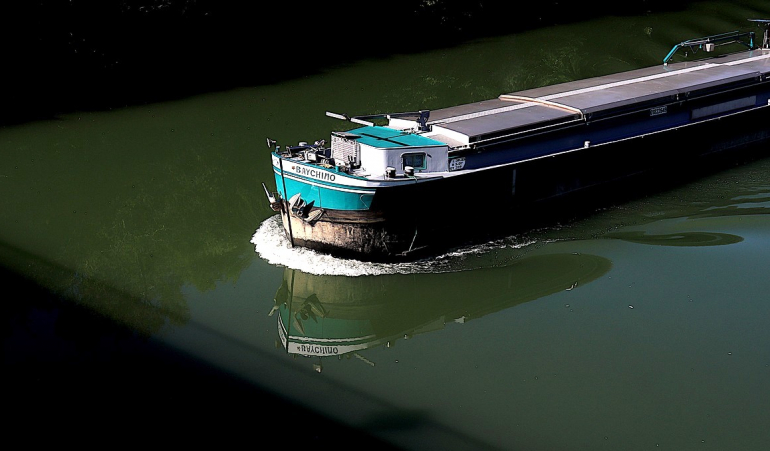
Greener public works thanks to digital technology? The concept, which is already being used in Wallonia, is also winning over Quebecers. One of the meetings organized last October during MTL Connect - the digital week in Montreal - between Quebec and Wallonia players proves this.
This event, which is now in its fifth year, brings together digital initiatives from a wide range of sectors. Brussels and Wallonia were the focus of the last edition. And when it came to public works, an innovation from Wallonia's Picardy region took center stage. It was a carbon management solution for construction sites proposed by BizzDev, based in Tournai.
Greenhouse gas monitoring
"In order to reduce greenhouse gas emissions on some of our upcoming construction sites, we want to be inspired by the Tournai model," said Jean-Francois D'Amour, General Manager of Magog, a city located about 100 km to the east of Montreal. Mr. D'Amour took part in a discussion on connected and intelligent areas.
Case of Tournai? This initiative was initially launched as part of the major Tournai crossing project. The aim of this project was to upgrade the Scheldt so that 2,000-ton barges could pass unhindered. This was already generally the case, except for the Tournai section, which is just over two kilometers long. There, the boats were allowed to pass through the town less frequently, and traffic is managed on an alternating basis.
Proactivity of SPW Mobility and Infrastructure
"As part of the overall policy to reduce greenhouse gas emissions by 2030, the Service Public de Wallonie (SPW) Mobility and Infrastructure had decided to be proactive with this project," recalls Christophe Vanmuysen, Inspector General of the SPW Mobility and Infrastructure (Department of Hydraulic and Environmental Expertise).
"Specific clauses on greenhouse gas emissions and reporting were included in the specifications. Interested companies were also asked to indicate what measures they had in place to limit these impacts. The main objective was to be consistent with the logic of the modal shift of freight transport on a global scale. And to do so in an environmentally friendly way. In the knowledge that water transport makes it possible to produce goods on a mass scale and thus to limit the nuisance in terms of noise and greenhouse gas emissions".
"In comparison to road transport, river transport produces three times less CO2 emissions, three to six times less fuel consumption and 45 times less noise," says SPW.
An innovation that businesses value
"The bidding companies have played the game. What's more, some of them have integrated this new environmental approach into other aspects of their operations than those strictly linked to the site in question, such as the greenhouse gas emissions of their administrative headquarters," explains Valentine Verdonck, Deputy Managing Director of Bizzdev. His company participated in Montreal Connecte along with seven other Walloon digital players. They were brought to the event by Wallonie-Bruxelles International and Awex (the Walloon export agency).